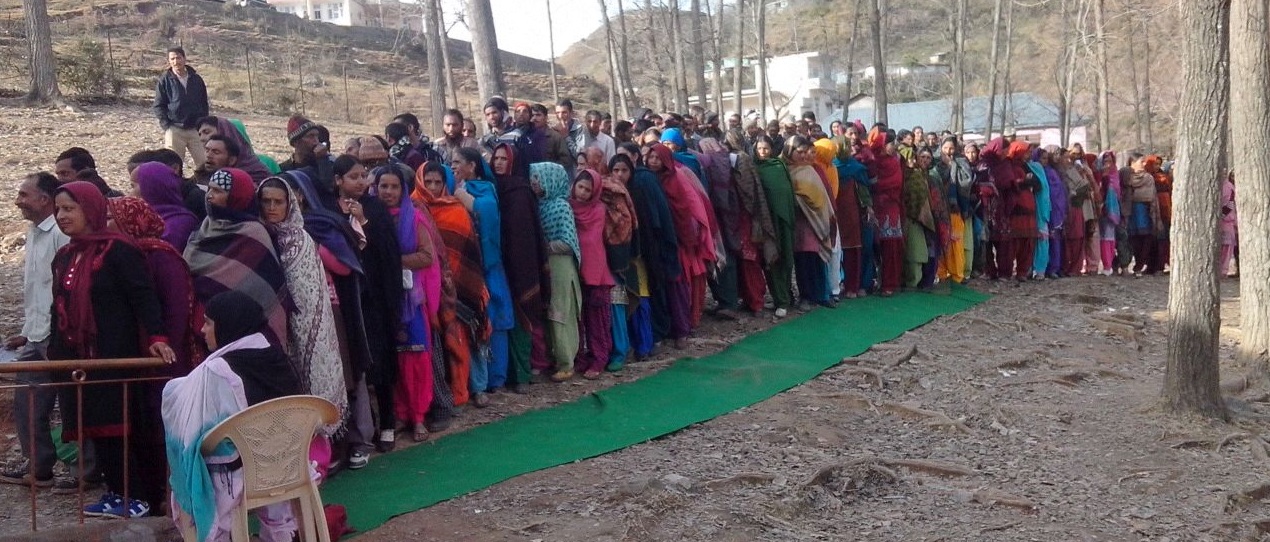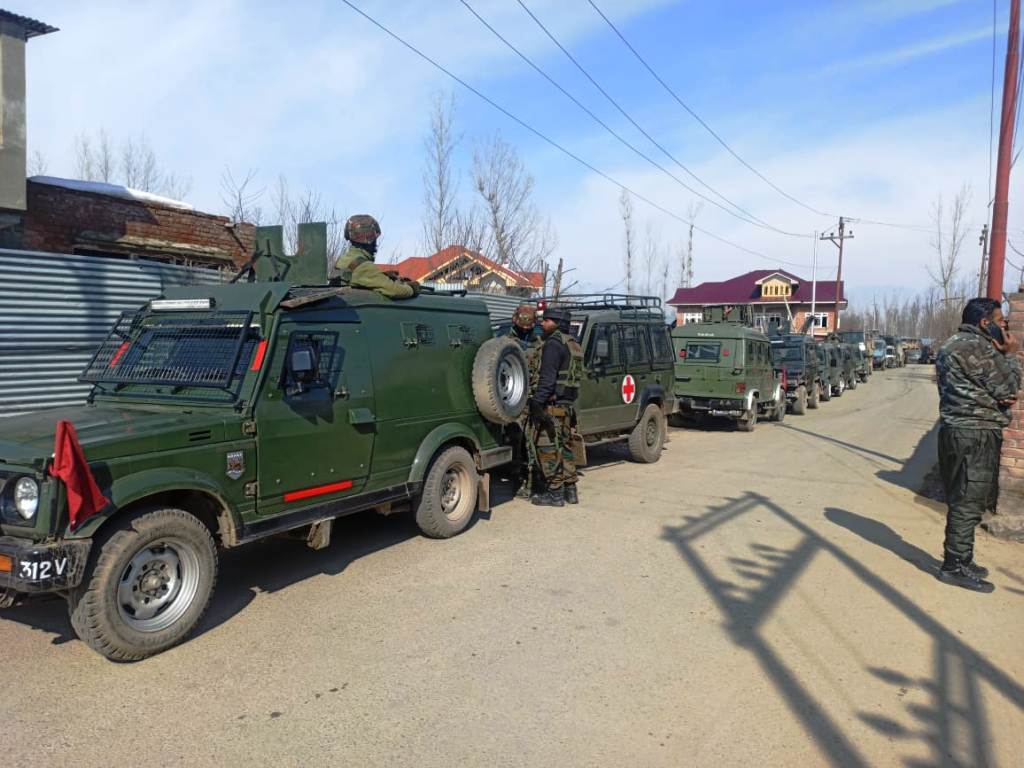JAMMU: Announcing a slew of additional measures across various sectors, the Finance minister’s speech to wind up the debate on his proposals seemingly had focus on social sector and the industry.
Drabu announced Rs 15 crore each in two social welfare funds that fund the widow pensions scheme and the old age pension scheme. This apparently is amid at helping the ministry to manage the waiting list.
 Insisting that four different schemes aimed at assisting the marriage of the underprivileged classes would now be consolidated into one perfect scheme with Aadhar linkage to avoid a possible duplication. The pensions of widows will be given to their daughters as well, he said.
Insisting that four different schemes aimed at assisting the marriage of the underprivileged classes would now be consolidated into one perfect scheme with Aadhar linkage to avoid a possible duplication. The pensions of widows will be given to their daughters as well, he said.
Drabu set aside Rs 5 crore for the interest subvention of the startups by SC ST youth. This will make their ventures less costly.
Announcing a new industrial policy in a few days, Finance Minister Dr Drabu said that it will have two vital things: 100 percent insurance cover and considering buildings of the hotels as plant machinery thus enabling them to avail 30 percent capita subsidy. This will be the first post-GST scheme that will take care of the new realities in public finances.
Drabu announced a few concessions to the government employees as well. All the employees in the civil secretariat and the twin houses who work during the assembly session were getting Rs 7500 a month as a special allowance. Now this will be Rs 10,000 per month, Drabu said.
The engineers were getting Rs 30 per month as Field Travel Allowance (FTA) for last 30 years. This will now be changed and rationalized, he announced.
Even lawmakers got a new concession. They were getting Rs 5 lakh each as a loan for a car purchase or housing loan. It was an interest-free loan. Now both the loans are added together and doubled to Rs 20 lakhs. The lawmakers will have a fungibility of availing it a house or a car or both, Drabu said. Even the sitting fee had a hike.
Defending his budget, Drabu said it was not been populist. The idea, he said, is aimed at using public expenditure to help revive the economy that has been under stress for reasons of flood and situation.
“There are 4.5 Lakh employees and every employee has a family of five persons,” Drabu said. “That means the almost wet percent of the population is directly linked to the government. If they spend, the economy improves, if they save it also helps.”
Drabu said the same dictum is the main reason for amnesties that were part of the budget. “When we announce some amnesty, we actually write off somebody’s lovability and there is no liability, it automatically becomes income,” he explained. “This is the first budget that is aimed at using public expenditure to revive the economy.”















